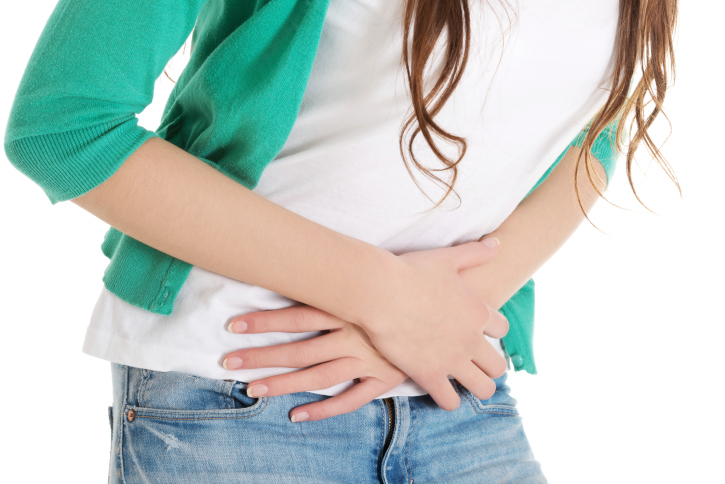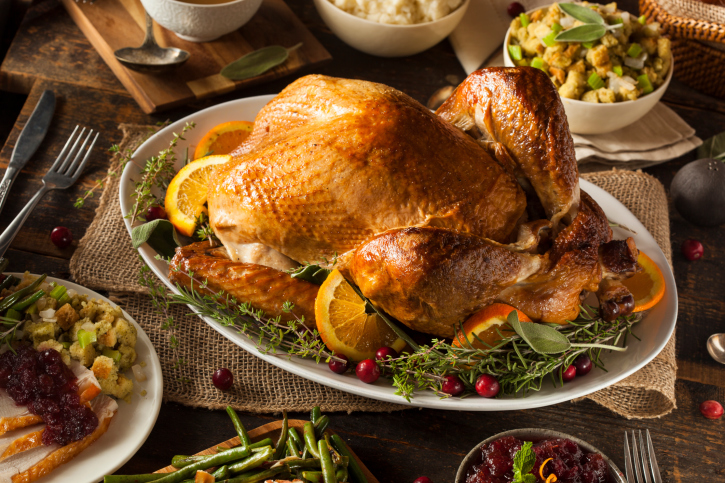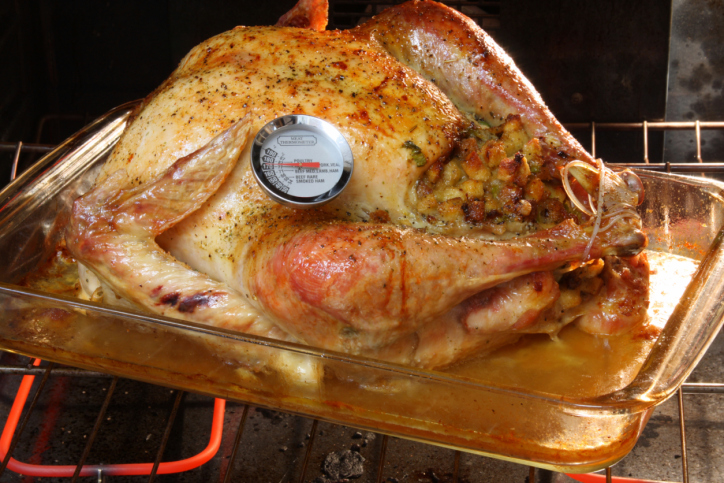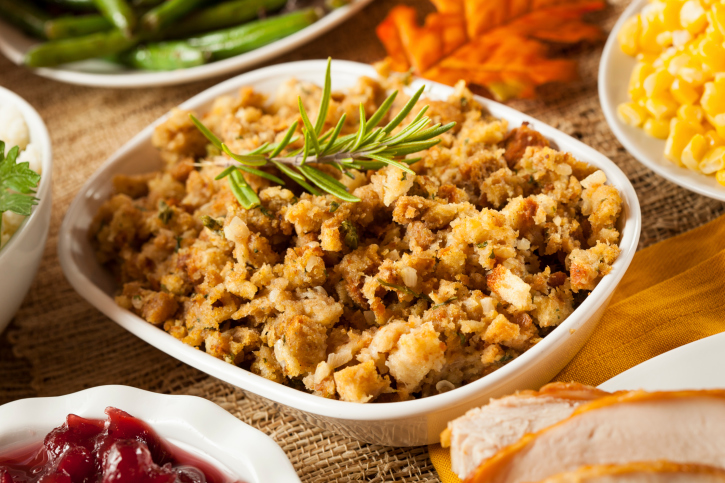It was the best turkey dinner you’ve ever made. But, now people are complaining about stomach pains, headaches, nausea, diarrhea and even vomiting. Some who experience these symptoms may pass it off as “stomach flu”, but there may be another reason: food poisoning.

Millions of Canadians suffer from food-borne illness every year. Food can spoil if mishandling occurs while being stored, prepared or cooked. So our team of experts at Public Health have some helpful tips to make sure your next turkey dinner is delicious and prepared safely.

-
You have a few choices when it comes to buying a turkey. You can buy a fresh turkey, a frozen turkey that must be thawed before cooking, or a frozen turkey that can be cooked from frozen. If you’ve purchased a frozen turkey, it should be taken home and stored in the freezer. It should not be left outside, in the garage, or in the basement where temperatures can’t be properly monitored.
-
If you need to thaw your turkey, we recommend doing so in the refrigerator. You’ll need to plan ahead, as it could take several days to thaw, depending on the size of your turkey.
- Allow 5 hours of thawing per pound - this means that a 20 pound turkey would take 4 to 5 days to thaw in the refrigerator.
- Place the turkey on the bottom shelf of your refrigerator in a container to prevent any juices from dripping onto other food.
- Never thaw your turkey at room temperature - even though the centre may still be frozen, the outside layer is a warmer temperature and bacteria can multiply and make you sick.
-
Be sure to wash your hands thoroughly before and after touching your raw turkey. Clean and sanitize any dishes, cutting boards, counters or utensils that come into contact with raw meat or its juices.
-
Cook your turkey thoroughly. The turkey is done when the internal temperature reaches 82°C or 180°F and the juices run clear. When using a thermometer, always probe the thickest part of the meat.

-
If you’re planning on stuffing your turkey, do so just before putting it in the oven. If you are preparing the turkey early, store the stuffing separately in the refrigerator until you are ready to cook the bird.
- Wash the cavity of the turkey with cold water.
- Loosely stuff the turkey and remove the stuffing from the bird immediately after the cooking process is done, and store separately.
- All stuffing, whether cooked separately or inside the bird, should be heated to a minimum internal temperature of 74°C or 165°F.

-
Time your foods to be ready at the same time. If this is not possible, keep hot foods hot and cold foods cold until you are ready to serve. Bacteria can grow on foods left at room temperature and cause illness.
-
If you have leftovers, try to refrigerate them as soon as possible after dinner. Be sure to remove the meat from the carcass before refrigerating, otherwise it will take too long to cool. Before eating leftovers, reheat the turkey to the original internal temperature of 82°C (180°F).
Will you be preparing a traditional turkey dinner this Thanksgiving?
